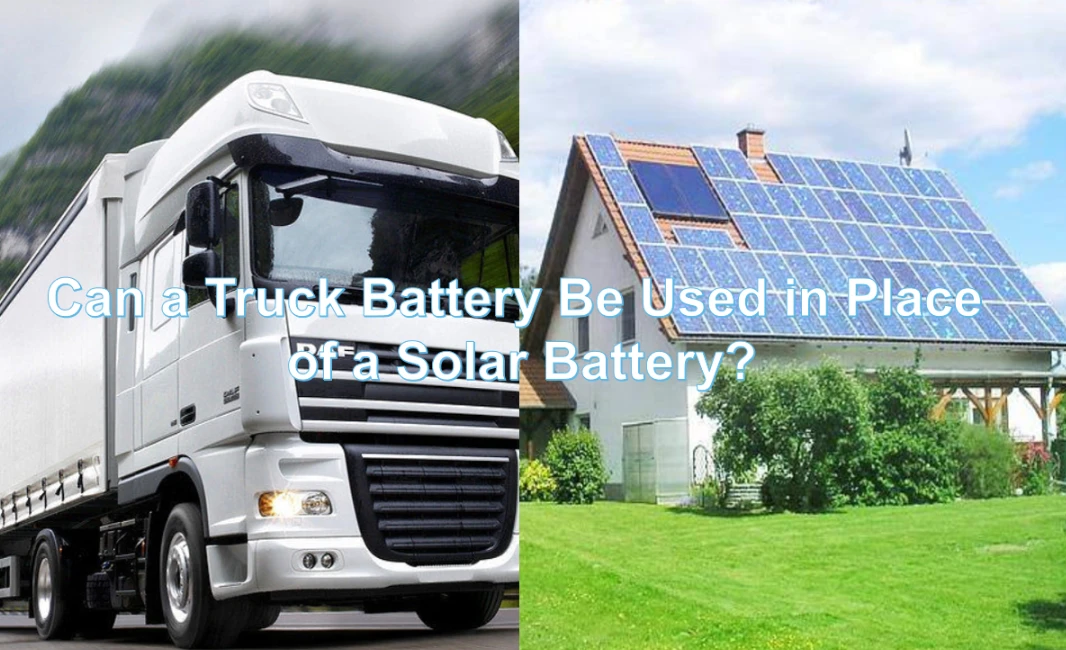
Introduction
Solar power has received much attention in recent years when discussing alternative energy sources. Solar batteries are a useful tool for storing the electrical energy produced by solar panels. This stored energy can then be used at a later time. However, have you ever wondered if a truck battery can replace a solar battery? In this article, we will take a look at the possibility of substituting a truck battery with a solar battery to establish why there are differences in design and intended use between them. We will also discuss the difference in charging and discharging requirements as well as shed light on why truck batteries might just not be the best choice for usage in solar power systems.
Exploring the Possibility
Truck batteries, or just simply called automotive batteries or starter batteries, are mainly built using lead-acid technology and are composed of several cells connected in series. For the vehicle’s engine to start, these batteries have to provide a huge amount of current in a concise amount of time. The major purpose of solar batteries, however, is to support some form of recurrent discharge and recharge events over a long length of time. Therefore, they are frequently referred to as deep-cycle batteries.
Design and Intended Use
Nearly every truck battery consists of multiple cells connected in series. They are designed to supply a long connection of current for an extended period of time, which is ideal for running regularly on standby when the engine needs to be started. Conversely, solar batteries comprise deep-cycle technology, enabling them to endure repetitive discharging and charging over prolonged periods. Deep-cycle batteries contain thicker lead plates and best suit sustained energy storage.
Charging and Discharging Requirements
One key difference between truck batteries and solar batteries carries with it their requirements regarding charging and discharging. Truck batteries are intended for higher current during a short duration set for starting the engine’s motor. This quick charge makes use of the vehicle’s alternator. However, solar batteries need not employ this same parameter. Solar panels create direct current (DC), which requires conversion into alternating current (AC) for regular household consumption. Moreover, solar batteries require slow charging to prolong their life as well as prevent operational problems. A wide disparity exists in this regard, making truck batteries unfit for solar power applications.
Apart from that, the contrasting requirements involved in discharging trucks and solar batteries also distinguish these two technologies. The design objective of truck batteries is to give short times of high stream current, which plays an important purpose in providing bursts of energy needed immediately after the start-up of the engine’s machinery.
In comparison, solar batteries are planned and built with deeper cycles targeted at deep-cycle usages. They discharge at a lower rate all throughout, constantly sustaining electrical loads through long-term continuous discharge continuously and slowly if required.
Conclusion
Using a truck battery for solar applications is convenient, but it’s not ideal for handling the batteries. The fundamental engineering differences and assumed uses between truck and solar batteries make them unsuitable substitutes. A solar battery has particular engineering requirements in deep-cycle technology, optimized charging and discharging situation, scale size, open circuit voltage, and ruggedization load source design, power system environment temperature range, and other useful properties specific to its intended use. In order to guarantee the best possible performance, efficiency, and lifespan of your solar power system, it is of utmost importance to invest in a top-notch solar battery specifically designed for this purpose.



